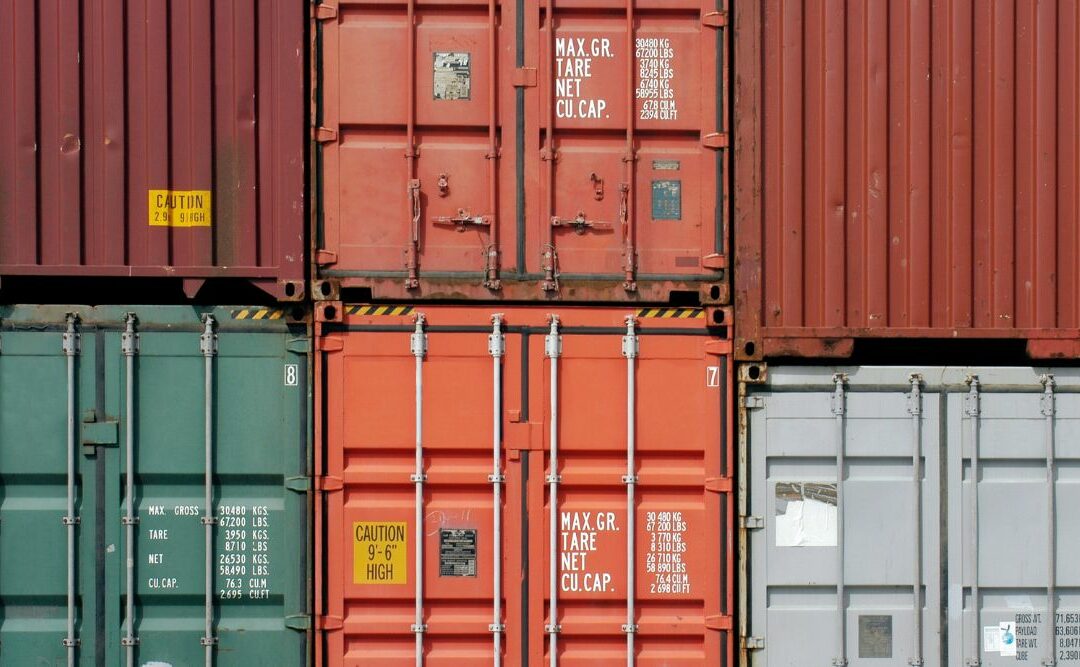In the world of international trade and cargo transportation, ensuring the security and integrity of the supply chain is of paramount importance. The Customs-Trade Partnership Against Terrorism (CTPAT) is a cornerstone program dedicated to achieving this goal. In this blog post, we’ll explore the significance of CTPAT in the context of securing cargo with cable seals and bolt seals.
Understanding CTPAT: A Brief Overview
CTPAT is a voluntary partnership program initiated by the U.S. Customs and Border Protection (CBP) agency. It’s designed to foster collaboration between the government and businesses involved in the international supply chain to enhance cargo security and thwart terrorism-related risks.
Why CTPAT Matters
- Enhanced Security: CTPAT emphasizes the importance of rigorous security measures. By participating in the program, businesses can significantly reduce the risk of cargo theft, tampering, and smuggling.
- Supply Chain Efficiency: CTPAT streamlines customs procedures, leading to quicker cargo clearance and reducing the potential for disruptions.
- Global Trade Benefits: CTPAT members enjoy various trade benefits, such as reduced inspections and prioritized processing.
The Role of Security Seals in CTPAT Compliance
Security seals, including cable seals and bolt seals, are integral to CTPAT compliance, as they help safeguard cargo and prevent unauthorized access during transit. They are tamper-evident devices that are vital for ensuring the security of trucks, tankers, 55-gallon drums, trailers, and containers in the international supply chain.
Securing Your Cargo with CTPAT
When businesses incorporate high-quality cable seals and bolt seals into their transportation procedures, they not only protect their cargo but also uphold CTPAT’s security standards. By participating in CTPAT and using security seals, companies can strengthen their commitment to the safe and secure flow of goods in the global supply chain.
In conclusion, CTPAT is a crucial program for enhancing supply chain security and facilitating international trade. Using cable seals and bolt seals as part of CTPAT compliance ensures that cargo remains secure and contributes to a safer, more efficient global trade environment.

